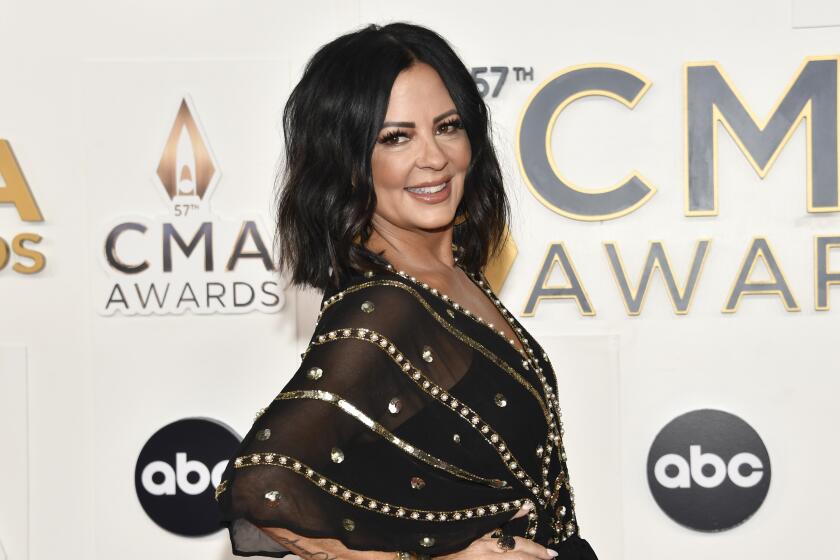MCA Launches Global Effort to Curb Bootleggers
Armed with a court judgment won in September, MCA’s music division launched a worldwide legal offensive Tuesday to enforce its rights to 25,000 rock and blues songs recorded by such legendary artists as Chuck Berry, Muddy Waters and Etta James.
As a start, MCA disclosed that it is suing more than 20 individuals and companies in Los Angeles Superior Court, alleging that they have illegally claimed rights to the vast Chess Masters recordings that MCA bought in 1985.
The result has been a flood of illegal “bootleg” albums featuring some classic Chess recordings, the company said.
MCA officials said they do not know how much money the company and artists have been deprived of, except that it is in the millions of dollars.
MCA executives also acknowledged that they may not recover much money from the companies they are suing, because many are small operations with poor record-keeping.
The main goal, they said, is to put a stop to the unauthorized releases.
The Universal City-based entertainment giant announced the action at a press conference that featured blues singer Etta James.
She said she is bothered when fans ask her after concerts to autograph albums of her work that turn out to be bootlegs. James added that she received the first royalty check in her 37-year career only about five years ago, when MCA sent her one.
MCA’s move is one of the industry’s most aggressive legal crackdowns against bootleg recordings, a problem that has plagued music companies for decades.
MCA Music Entertainment Group Chairman Al Teller described the unauthorized Chess recordings as “an illegal, get-rich-quick scheme” and vowed to put out of business firms that continue to illegally issue the recordings.
The offensive follows MCA’s court victory in a dispute with independent distributor Marshall Sehorn.
In that case, MCA alleged that Sehorn improperly claimed that he owned the rights to some Chess Masters recordings and was actively licensing unauthorized releases.
The case, which is being appealed by Sehorn, was highly unusual because MCA chose to go to trial rather than seek an out-of-court settlement, the way most bootleg-related cases are resolved.
In addition to filing lawsuits, MCA this week is sending retailers letters listing companies selling bootleg versions of Chess recordings and setting up a toll-free number for consumers and retailers to report bootleg companies.
More to Read
The biggest entertainment stories
Get our big stories about Hollywood, film, television, music, arts, culture and more right in your inbox as soon as they publish.
You may occasionally receive promotional content from the Los Angeles Times.






